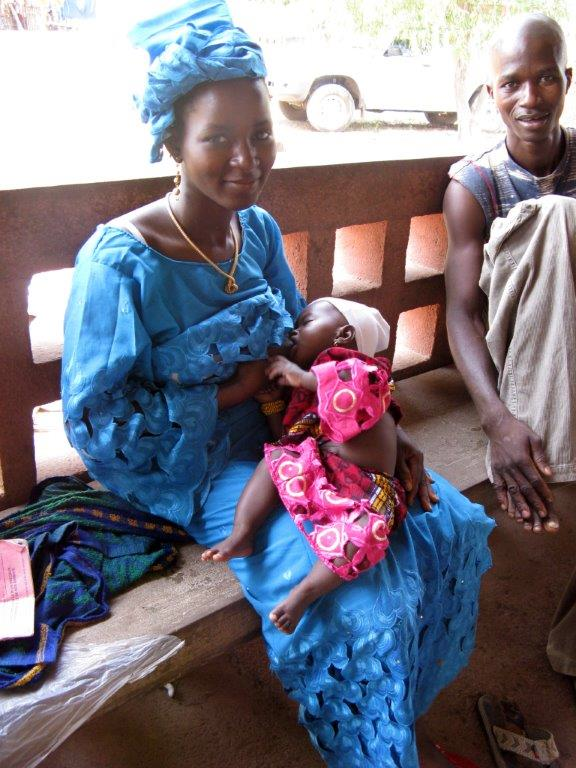The Role Faith-Based Organizations Play in Improving Child Survival
Recognizing the important role faith-based organizations play in improving child survival in developing countries, the USAID-funded Health Communication Capacity Collaborative (HC3) is investing in this important constituency to strengthen their capacity in social and behavior change communication (SBCC).
As such, the HC3 team is developing a Faith-Based Organization (FBO) Implementation Kit (I-Kit): SBCC to Improve Breastfeeding Practices, which will launch worldwide in September 2014 following a regional launch in Nigeria. This I-Kit provides faith communities with interactive step-by-step guidance on how to plan for, conduct and measure SBCC to encourage optimal breastfeeding practices, highlighting the use of faith-based assets such as religious leaders and texts. The I-Kit will also link to resources such as SBCC materials and research findings.
Faith communities are unique in that, compared with secular organizations, they exist in many remote areas in developing countries and stay there for long stretches of time, often spanning many decades. Religious values and practices are also often deeply entwined in people’s daily lives, and leaders of churches, mosques, temples and other religious communities play a powerful role in shaping attitudes, opinions and behavior. According to a WHO study, Multi-Country Study of Medicine Supply and Distribution Activities of Faith-Based Organizations in Sub-Saharan African Countries, FBOs provide approximately 40% of health care and educational services in many developing countries.
In June 2012, more than 300 faith leaders and 80 FBOs joined hundreds of public and private stakeholders in signing a Promise Renewed pledge to drastically reduce child deaths, then developed a declaration titled, Ten Promises to Our Children: Religions in Action. One of the strongest recommendations centered on optimal breastfeeding practices.
HC3 developed this capacity building tool in close collaboration with an HC3 Faith-Based Advisory Council consisting of representatives from Catholic Relief Services, Islamic Relief, Food for the Hungry, World Relief, World Vision and the interfaith group, Religions for Peace.
“Considering the depth and breadth of experience and reach of faith communities, we are so glad to be working with this Advisory Council to move this effort forward,” said Amrita Gill-Bailey, who leads the HC3 Child Survival team. “Partnering with faith communities on the ground in Nigeria to pilot this tool will only help us refine it in a real world context.” Through a microgrant program in Nigeria, the HC3 team plans to work with several community-based organizations with a faith agenda to pilot the I-Kit starting in mid-July.









Leave a Reply
Want to join the discussion?Feel free to contribute!